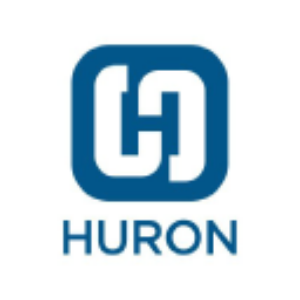[Form 4] Huron Consulting Group Inc. Insider Trading Activity
Rhea-AI Filing Summary
Huron Consulting Group Inc. (HURN) – Form 4 insider transaction
- Reporting person: James H. Roth, Director
- Transaction date: 08/06/2025
- Type: Open-market sales executed under a pre-arranged Rule 10b5-1 plan adopted 05/08/2025
- Total shares sold: 2,000 common shares across four trades
- Price ranges: $126.60–$130.37; weighted-average prices disclosed for each lot (208 @ $126.76, 448 @ $128.29, 817 @ $129.23, 527 @ $130.07)
- Post-sale holdings: 43,304 shares directly and 3,855 shares indirectly via a family LLC (total 47,159)
- % of direct holdings sold: ≈4.4% of pre-sale direct position (45,304)
No derivative security transactions were reported.
Positive
- Sale executed under a pre-established Rule 10b5-1 plan, demonstrating compliance and reducing potential insider-trading concerns.
- Director retains a significant 47,159-share stake, maintaining alignment with shareholder interests.
Negative
- 2,000-share disposition (~$257k) represents a 4.4% reduction of direct holdings, which some investors may view as a bearish signal.
Insights
TL;DR: Director sold 2k shares (~$257k) under 10b5-1, retains large stake; modestly negative signal.
The Form 4 reveals that Director James H. Roth liquidated 2,000 HURN shares for roughly $257k in proceeds (mid-point $128.50). Although executed through a 10b5-1 plan—reducing concern over timing—the sale trims about 4.4% of his direct holdings, leaving a sizeable 47k-share stake. No options were exercised, indicating the sale was purely for liquidity rather than diversification of derivative exposure. From an investor perspective, insider sales typically carry a slight bearish implication, but the limited size relative to his remaining position and the automatic plan mitigate the impact.
TL;DR: Sale via disclosed 10b5-1 plan supports governance transparency; impact neutral.
The transaction complies with Rule 10b5-1, providing a structured defense against insider-trading allegations. Full price-range disclosure and willingness to furnish detailed execution data reflect good governance practices. The director still holds a material equity interest, aligning his incentives with shareholders. Therefore, while any insider sale can raise questions, the procedural safeguards and residual stake suggest minimal governance risk.








